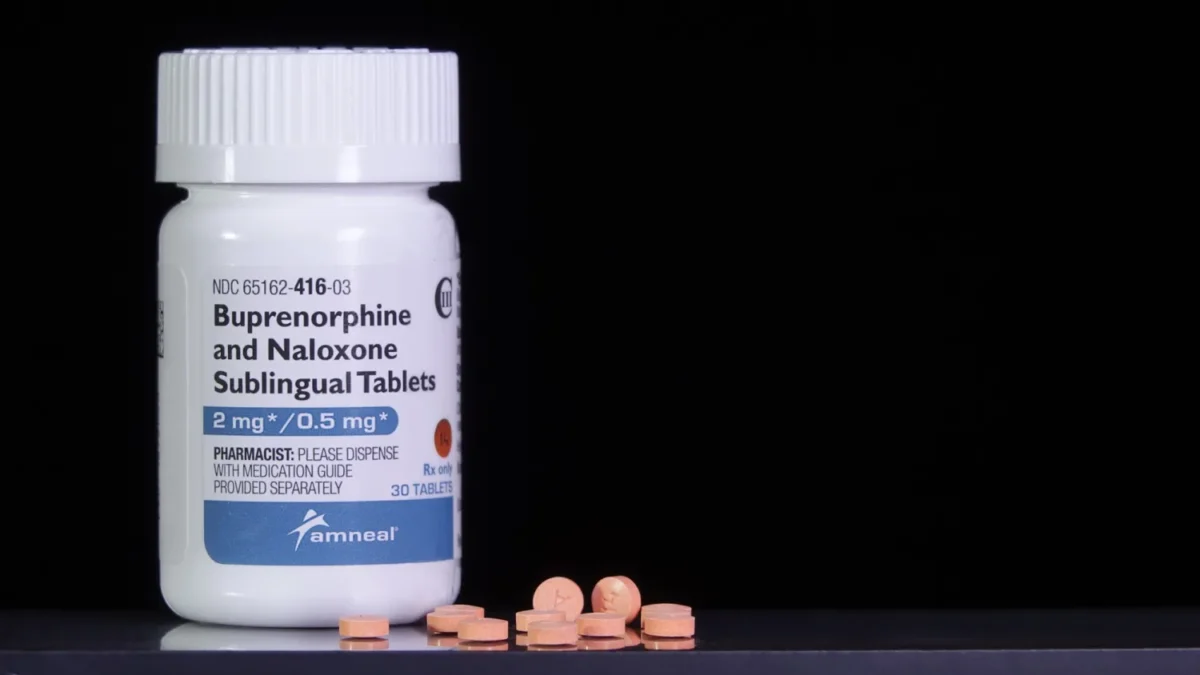In 2013 Ministry of Health, Montenegro adopted Strategy for the Prevention of Drug Abuse 2013-2020 which proclaimed that country provides conditions and environment in which there is no place for discrimination. However, the reality shows that the situation is reverse – stigma and discrimination against people, who use drugs are still the largest obstacles to prevention and providing the necessary measures for the rehabilitation of affected persons.
“You’re a liar!”
On June, there was a violation of the rights of the patient Sofia (name was changed), who is a woman, who use drugs and user of the OST service. The violation of her rights as a patient occurred in the way that she was exposed to the doctor’s unprofessional attitude and inappropriate comments during her visit to the infectious disease clinic. A few days after the event, she contacted REActor, complaining about the doctor’s attitude towards her on the medical examination. During the meeting with the REActor, the patient explained that in the earlier period she was involved in the treatment of HCV treatment, which at that time in health system of Montenegro consisted of pegasus drug therapy, with which a 100% cure is not possible. During the conversation, the patient explained to the doctor that she was positive for the presence of the HCV virus at the last test. She also informed the doctor that she followed the rules and avoided risky behaviors and regularly tested for the presence of psychoactive substances, but despite everything, it was again positive. Sofia explained that in the meantime she had a child and that she had an additional obligation to solve the problem. The doctor reacted negatively to everything she told. He accused her of lying and of using psychoactive substances again. The patient understood from his story that he did not want to include her in the treatment process to which she is entitled and was disappointed because he used offensive words at times.
Situations won’t be repeated
After the conversation and in agreement with the patient, the NGO CAZAS requested and held a meeting with the director of the infectious disease clinic, where she was informed about the situation and received assurances, which were later confirmed, that such situations would not be repeated and that the patient would be enabled to enjoy all the rights she has the law guarantees. REActors decided on this approach after talking with the client, because together they came to the conclusion that this is the best option at the moment, considering the fact that the patient must be involved in HCV treatment through the infectious disease clinic. The patient expressed her fear that the initiation of a more serious procedure would not negatively affect that process, if the treatment was conducted by the same doctor from whom she experienced discrimination. Although REActors guaranteed her that they would enable her rights as a patient to be respected in the regular and legally prescribed procedures, as a measure of compromise in this agreement, the patient was assigned another doctor at the infectious disease clinic.
***
By the records from 2014, among the population that is using drugs, 53 percent is infected by hepatitis C. In 2018, the positive list of medicines had 1156 medicines available publicly through the Health Insurance Fund. The list has been expanded with 114 new medicines that cover a wide range of diseases: hypertension, diabetes, cancer, thrombolytic therapy, new medicines for infectious diseases such as HIV and hepatitis C, medicines for transplantation, autoimmune diseases and mental disorders.
Also read:
Insults and humiliation due to sexual orientation
Nothing Personal, Just Prejudice: Complaint to Director of Clinic in North Macedonia





